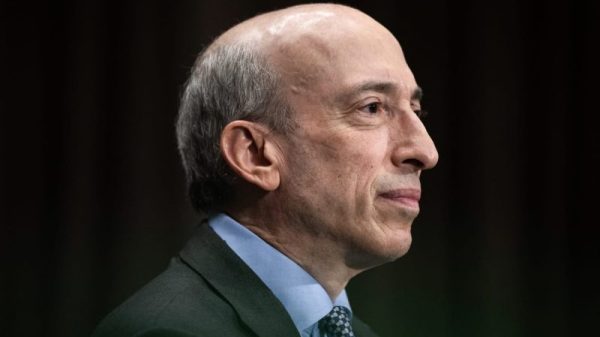Eight percent of U.S. adults – or 21 million Americans – were scammed in the past year, according to a recent survey by Gallup. To put this number in context, 21 million is roughly equivalent to the entire population of the state of Florida. Each year!
A recent Federal Trade Commission (FTC) report estimated that fraud losses are between $21 billion to $137 billion annually, and the report says the lower figure is ‘very conservative.’
If fraud does account for $137 billion annually, that would exceed the annual revenue of such corporations as Verizon, Comcast, Met or Target. It would also exceed the total annual budget of the Department of Homeland Security, which was $134 billion in 2023.
A recent AARP poll found that two-thirds of Americans believe that scams have reached a ‘crisis level.’
Clearly, scams are a problem of immense proportion. They affect Americans throughout the socio-economic chain, often disproportionally impacting those without college degrees and whose annual household incomes are below $50,000, according to Gallup.
The Gallup poll also found that 57% of Americans worry about being scammed, which makes it the second-highest crime concern in America, trailing only identity theft.
And keep in mind that scams are a public health problem in addition to a financial crime – victims often experience significant emotional and health issues in the aftermath of a scam.
Scammers are using more sophisticated technology and the targets are becoming more diverse. Four types of scams stand out above the rest, according to FBI data: investment, tech support/call center, business email compromise, and confidence/romance fraud. Scams in each of these areas are on the rise and have different targets.
The rise of cryptocurrency has led to a significant increase in investment scams, which are now the costliest scams reported to the FBI.
Tech support and ‘call center’ scams are among the most effective at targeting the elderly and are principally perpetrated by organized crime gangs in India, according to the FBI.
Business email compromise is rampant in small and medium-size businesses.
Confidence/romance scams are also rising, like the ‘grandparent scam’ in which a scammer impersonates a loved one in trouble.
The FBI reports a growing wave of ‘sextortion,’ where scammers posing as teen girls ask boys for nude photos, and then demand money and threaten to share the boy’s photos with his social-media followers if he doesn’t pay. U.S. officials say the criminals behind these scams are based in Nigeria. Indeed, most scams against U.S. citizens are perpetrated by foreign organized crime gangs.
Even as foreign scam attacks on Americans skyrocket, state and federal authorities have not yet created a plan to address this significant policy issue.
Meanwhile, the British government announced a major fraud initiative in May 2023. And the U.K. recently signed the world’s first ‘Online Fraud Charter’ with 12 of the world’s largest technology companies, who agreed to voluntarily undertake 39 actions to combat fraud, including blocking, reporting, increased enforcement, and other measures to combat internet-based fraud.
The British approach involves public-private cooperation, and also an all-of-government coordinated effort to address the issue. The United States should adopt a similar model and establish an interagency working group – directed by the White House – that focuses on combating fraud. The government should establish clear authorities and metrics.
Additionally, Congress should authorize a federal advisory commission to work with industry partners to build a U.S. version of the British strategy.
The U.S. government’s response to scams needs to be a top issue in 2024. If scams continue to go unaddressed, it is likely that the wave of fraud – turbocharged by artificial intelligence – will continue to grow out of control. If we don’t act soon, more and more lives will be ruined.
David Mansdoerfer is the former deputy assistant secretary for health, and board member at Stop Scams Alliance.
Ken Westbrook is the former director for information sharing at the Office of the Director of National Intelligence, and co-CEO at Stop Scams Alliance.







































